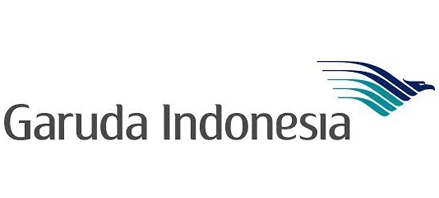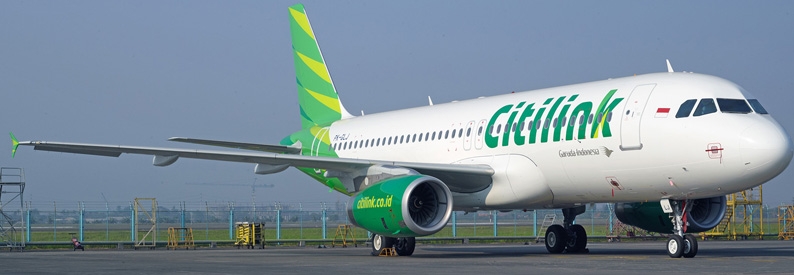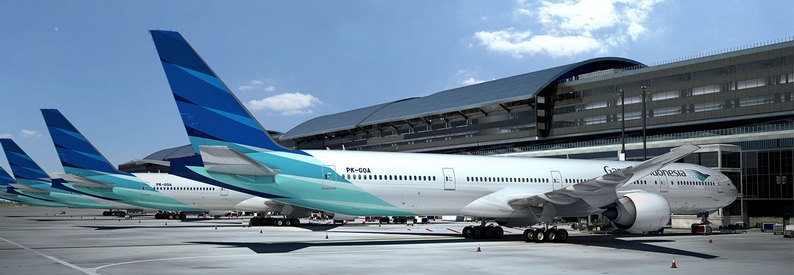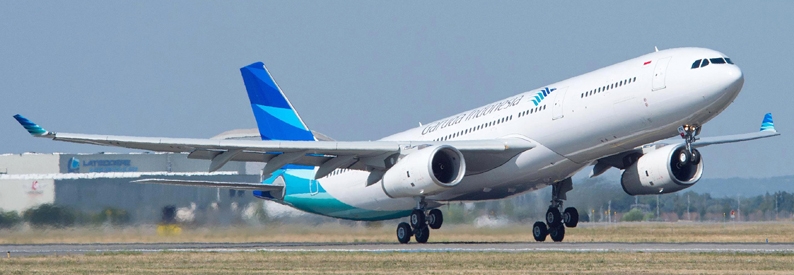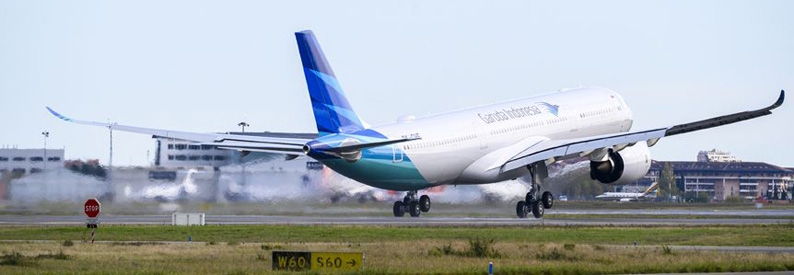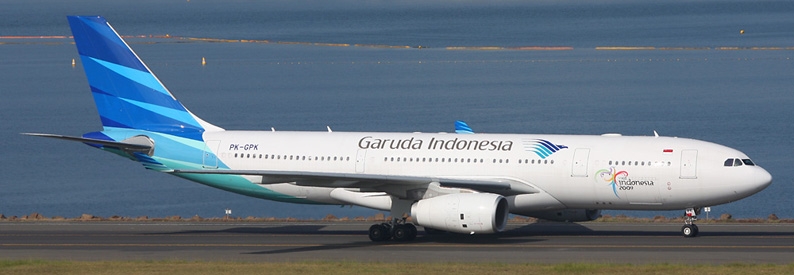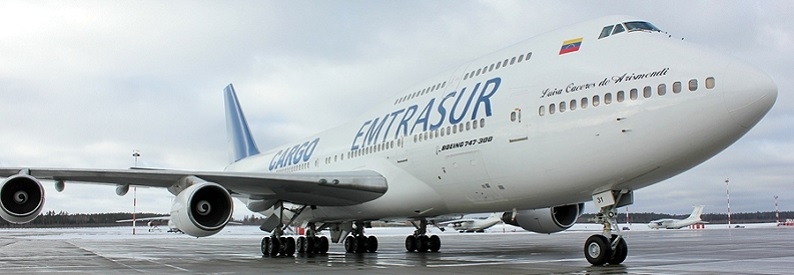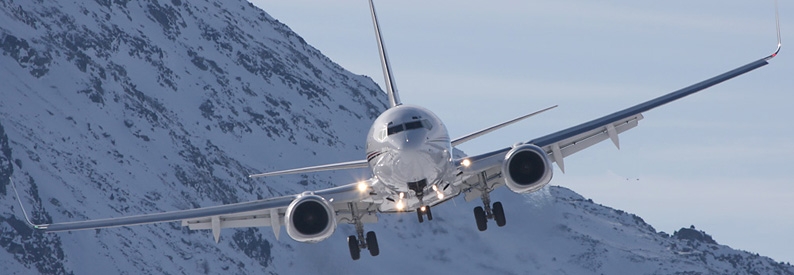Indonesian authorities are the first to name a suspect following the admission by Rolls-Royce to bribing airlines for favourable jet engine contracts. A spokesman for the Indonesian Corruption Eradication Commission (KPK) has told The Jakarta Post that measures are in place to prevent former Garuda Indonesia (GA, Jakarta Soekarno-Hatta) director Emirsyah Satar from travelling abroad pending an investigation.
Manufacturing giant Rolls-Royce last week admitted in Southwark Crown Court in London that it had paid bribes to secure international orders for its engines. Over the course of 24 years, it paid middlemen for favourable contracts with Garuda Indonesia, Thai Airways International (TG, Bangkok Suvarnabhumi), AirAsia (AK, Kuala Lumpur International), and China Eastern Airlines (MU, Shanghai Hongqiao), as well as contracts in India, Nigeria and Russia, reports The Guardian. Under a settlement, the manufacturer will pay GBP497 million (USD618 million) to the British Serious Fraud Office (SFO), USD170 million to the US Department of Justice, and USD25.5 million to Brazilian authorities, in exchange for leniency.
In his finding, Lord Justice Brian Leveson declined to name foreign individuals who were involved, saying that they may be exposed to a penalty which the UK "would regard as contravening Article 3 of the European Convention on Human Rights". As a result of the case, international governments are responding by investigating the airlines indicated.
Emirsyah's involvement presumably relates to counts one and ten in the British case. During 1989 to 1998, an intermediary for Garuda accepted bribes including USD2.25 million cash and a Rolls-Royce Silver Spirit automobile for a contract for Trent 700 engines for six A330s. The gross profit to Rolls-Royce was around GBP30 million (USD37.3 million). A second count, involving graft behaviour between 2011 and 2012, again in relation to Trent 700s and also Total Care contracts, led to profits of GBP13.9 million (USD17.3 million).
KPK's case is focused on Emirsyah and his associates; Garuda is not under investigation. Current CEO of Garuda, Arif Wibowo, has told news site Liputan6 that the enquiry will not affect the airline's fleet plan and its continued involvement with Rolls-Royce.
In Thailand, the National Anti-Corruption Commission (NACC) is expected to launch a case once it receives more information from London and the US, reports Asia One, but cases could be affected by the statute of limitations. The counts here include orders of Trent 800 engines for Thai Airways in its acquisition of twenty Boeing 777s between 1991 and 2005, as well as additional spare Trent 500s for two A340-500s. The total profit to Rolls-Royce was more than GBP118 million (USD147 million), making it the largest transgression by the engine manufacturer.
On its Facebook page, Thai Airways assured its followers that it will investigate the matter and that "the company conducts all its businesses in a transparent manner and without exception to corruption". BBC Thailand reports that the Board of Directors of Thai Airways met on January 18 and is committed to reviewing the matter, investigating people who were employees, executives and board members during the period under question.
Meanwhile, AirAsia Group (AAG) has denied any involvement in wrongdoing, telling news blog Malaysiakini that "it had complied with procedures in its dealing with Rolls-Royce." According to Leveson's report, the engine manufacturer provided AAG with USD3.2 million credit for use in the maintenance of a private jet in return for favourable consideration of Rolls-Royce in AirAsia X (D7, Kuala Lumpur International), a subsidiary of AAG. The total profit for these deals was GBP17 million (USD21 million).
In the case of China Eastern Airlines, the British case found that Rolls-Royce paid USD5 million to a board member of the airline to secure the purchase of Trent 700 engines for sixteen A330 aircraft. However, ch-aviation has so far found very little mention of the case in the Chinese media. It remains to be seen whether the case will be investigated by Chinese authorities.
